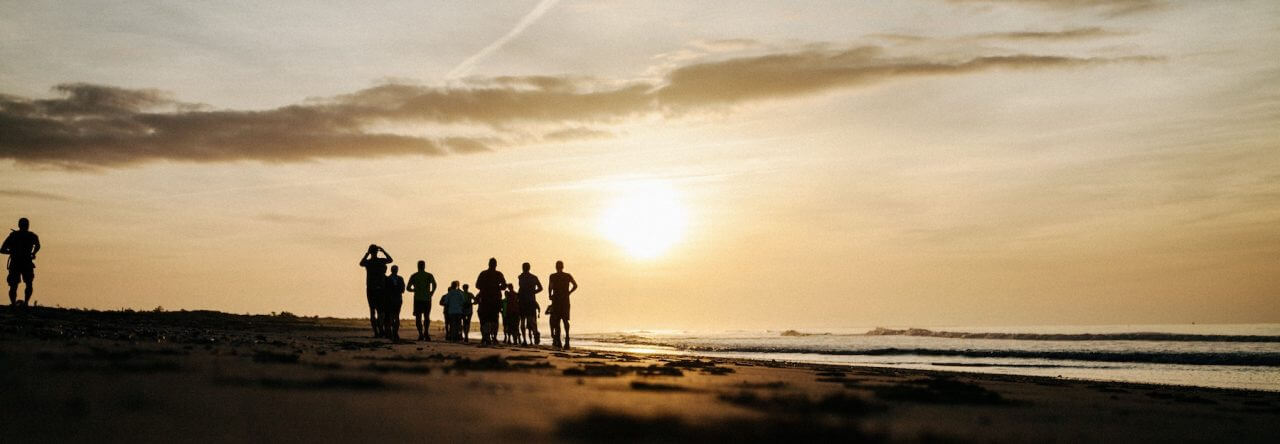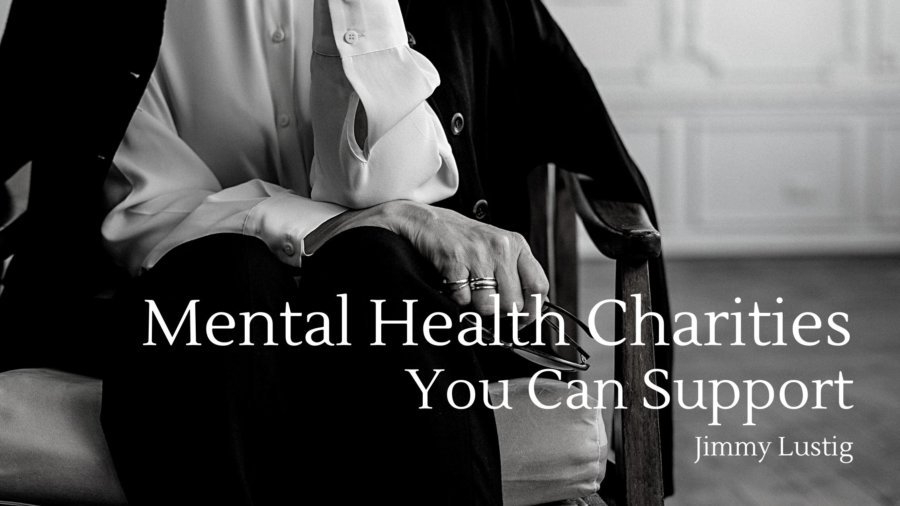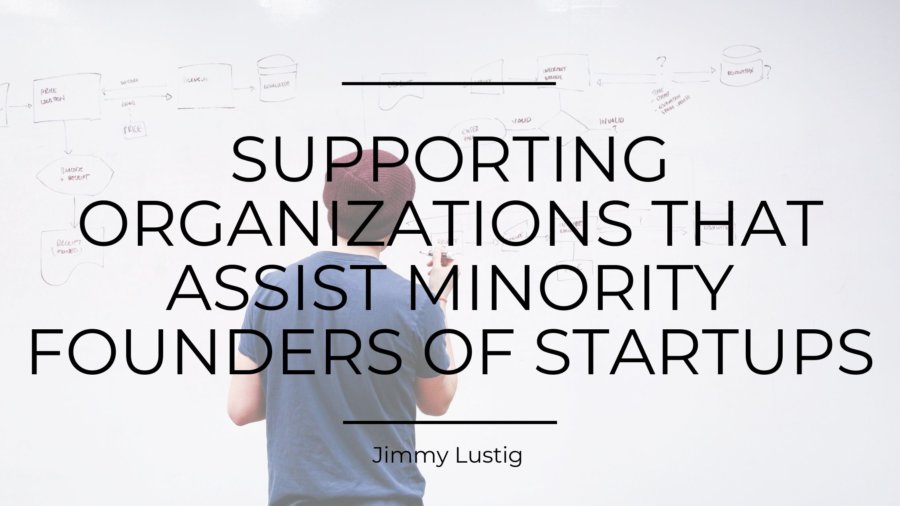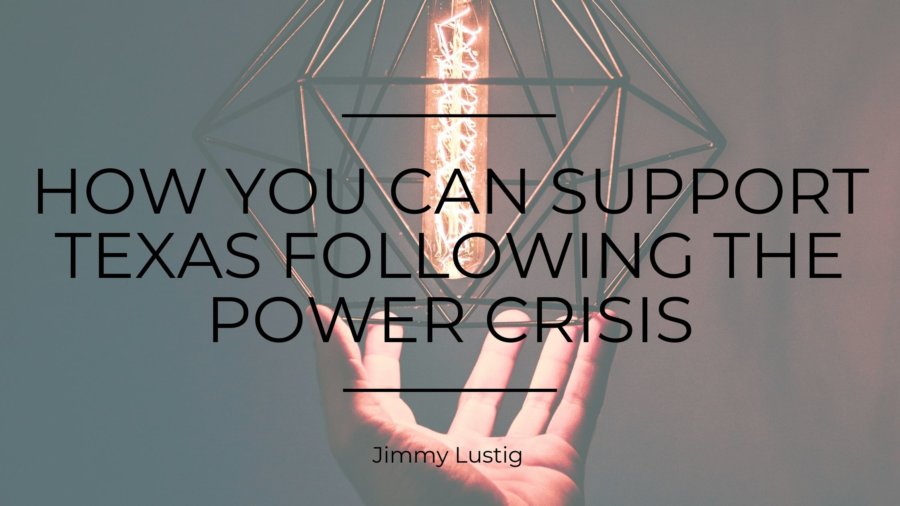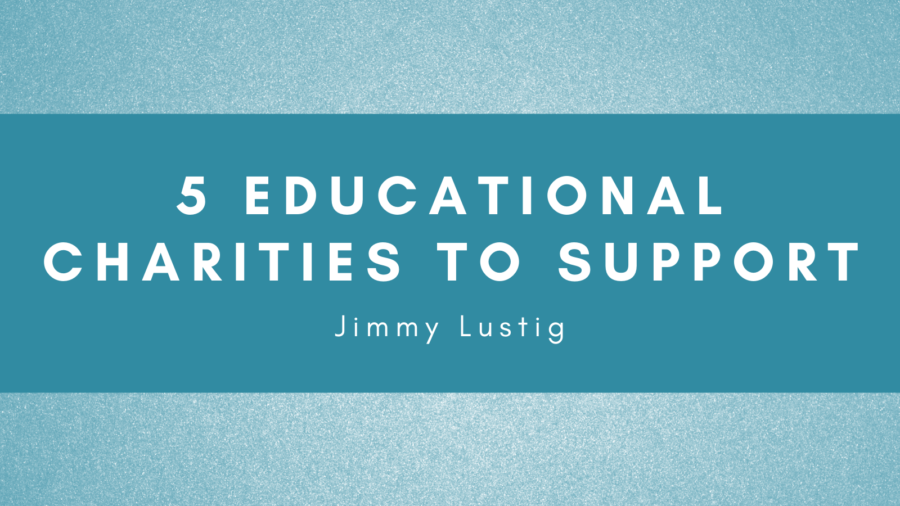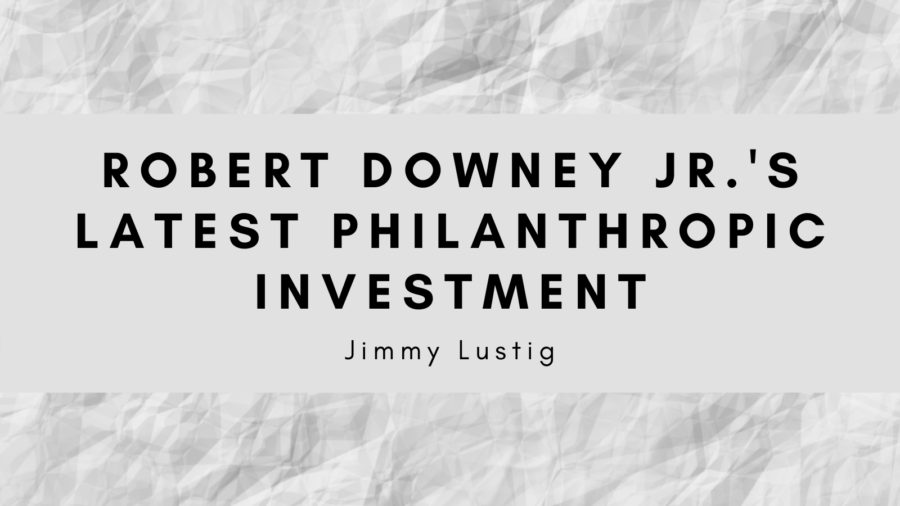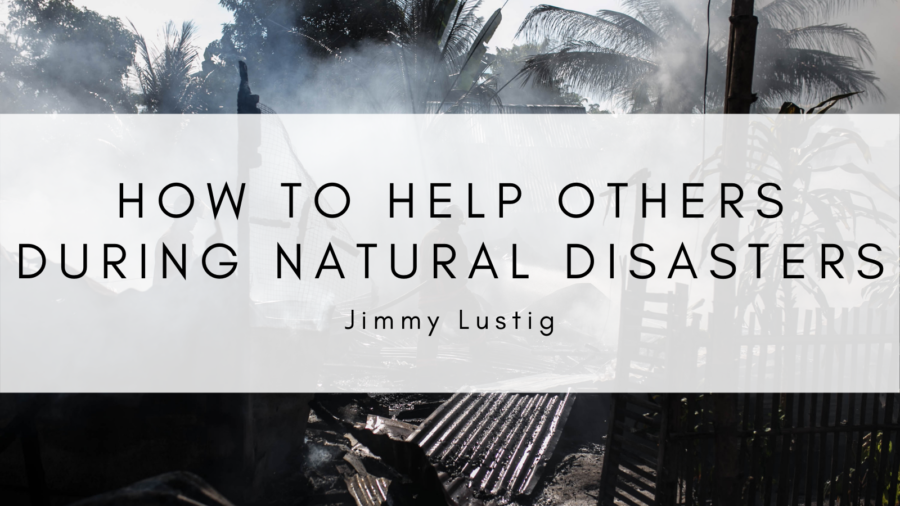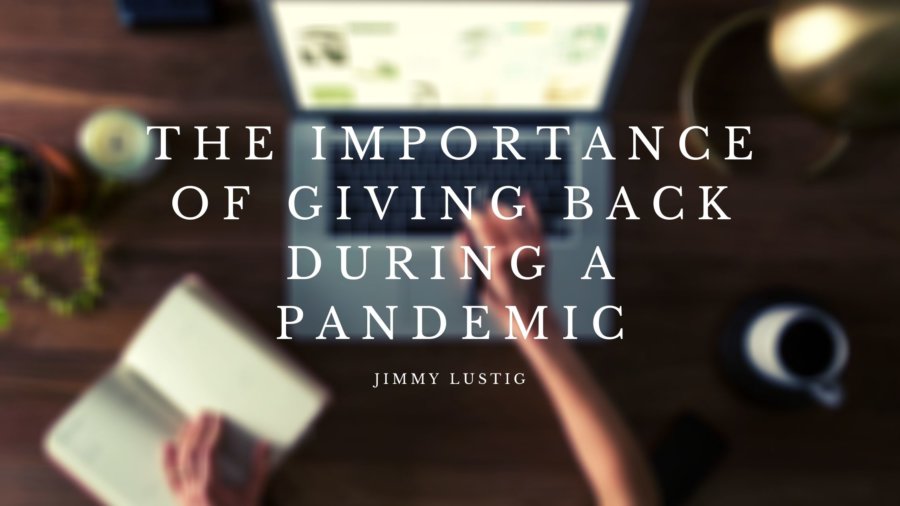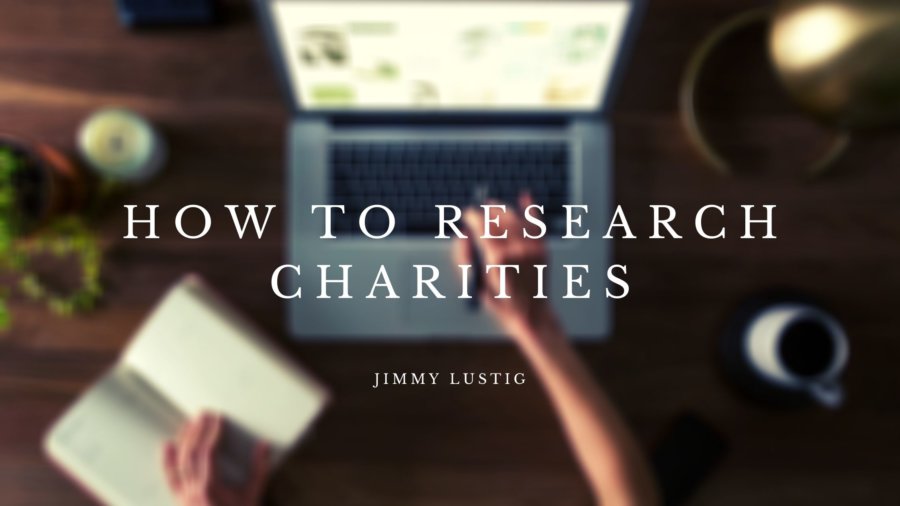As your technology gets older, you might think about upgrading it. However, constant upgrades mean that you might have a lot of devices just sitting around and taking up space. Instead of trashing your devices, check out these ways that you can recycle them.
Selling
It can be nice to make some extra money here and there. You should think about selling your old devices through an online site or a local pick-up marketplace. To do this, you’ll want to first find out how much your devices go for.
If you want a good estimate, go on a website like eBay and search up the device you’re looking to sell. You should then be able to select a completed order option that will tell you the last price that the device sold for. By doing this, you’ll be able to make a quick buck instead of letting your devices go to waste.
Giving
Sometimes, you might have someone around who would appreciate the device you’re not using. To find someone, go on your social media accounts and make a post asking if anyone wants that device. This way, you can make sure that one of your friends or family members can enjoy your possessions.
If you don’t know someone personally who would want your device, think about donating it to a charity. Many charities are out there to provide electronics to those that can’t necessarily afford them at the moment. By giving your old electronics to someone you know or a stranger, you’re helping out others instead of letting a device go to waste.
Recycling
Depending on the age of the device, you might have something that is about useless for anyone to have. You might think about sticking that device straight into the trash, but your electronics can be worthwhile for recycling companies. The reason for this is the expensive components electronics tend to have.
Whether it be a phone or a gaming console, all these devices typically use different types of metals for functionality. You can bring these devices to a recycling company that can extract these metals to be used for future devices. If you’re looking to help the environment, you can’t go wrong with recycling your electronics.
